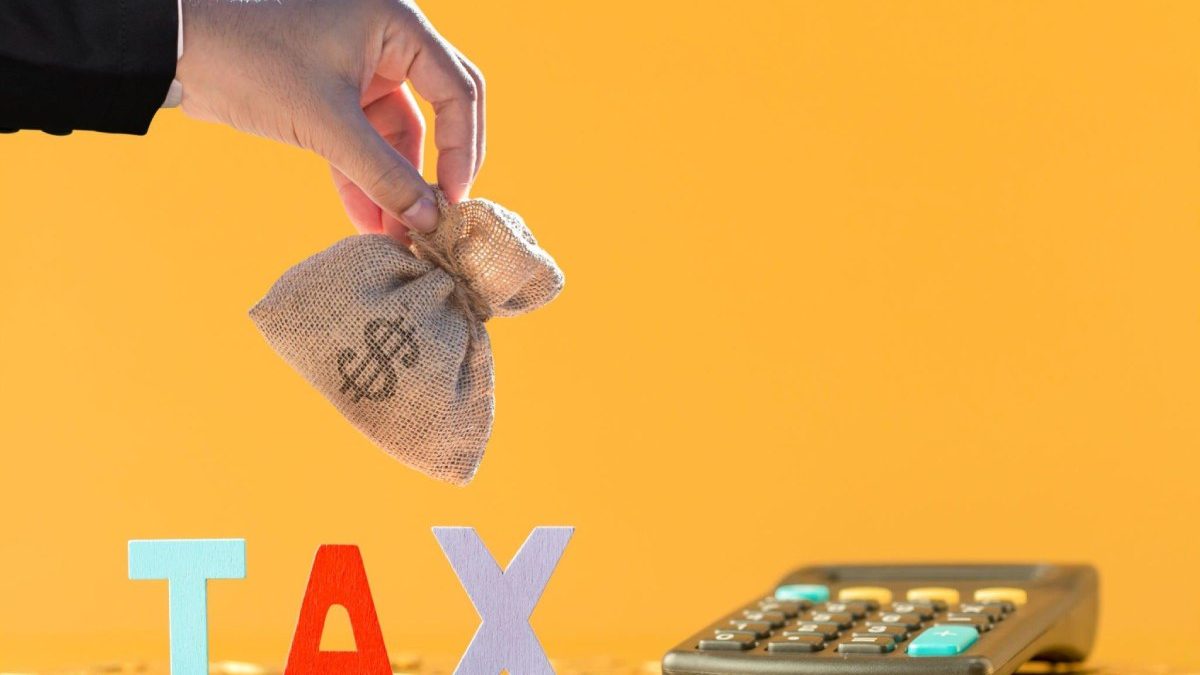It might be challenging to maximize your tax savings and correctly file your taxes as a freelancer or self-employed person. Making the appropriate deductions and avoiding errors are crucial to lowering your tax liability due to the complex federal income tax legislation and other rules and regulations.
By taking full use of the tax deductions available for business travel expenses, you may significantly reduce your 1099 tax obligations. The costs you accrue when traveling outside of your tax residence for business purposes are referred to as business travel. These costs may include the price of travel, food, housing, and other incidentals.
We will go through several tax methods that can lower your taxable income and, ultimately, your tax liabilities to assist you better understand how to optimize your deductions via business travel costs.
Table of Contents
Budget for Business Travel Costs
The first step to reducing your tax burden is to plan your business trip costs. Every cost you make when traveling for work has to be documented. The receipts you get and other supporting papers, such as hotel bills, vehicle rental receipts, flight receipts, and food receipts, must be kept in order. When it comes time to submit your taxes, this supporting evidence will enable you to appropriately claim your deductions.
Document Your Mileage for Business Travel
If you drive for work, be sure to keep track of your miles along with the dates, origin, destination, and reason for the journey. For the 2021 tax year, the regular mileage charge is 56 cents per mile. In order to claim your automobile expenditures without the effort of keeping track of every single item, such as petrol, repairs, and maintenance, you may use the standard mileage rate.
Separate Business and Personal Expenses
To minimize misunderstanding, it’s crucial to distinguish between personal and company spending. Most freelancers and self-employed people make the error of combining personal and company costs. This error increases your chance of an IRS audit while also making it challenging to compute your deductions appropriately.
Use a separate bank account or company credit card just for business-related spending. It would be simpler to manage your company-related spending and complete your tax returns if you keep separate accounts for business and personal expenses.
Recognize the Tax Regulations Governing Business Travel Expenses
You must comprehend the tax regulations for each category of cost if you want to optimize your travel-related deductions. Observe the following guidelines:
Transportation
The price of travel, including airline tickets, rail tickets, and automobile rental costs, can be written off. The costs must, however, be incurred specifically for your firm. In other words, you have to be going somewhere largely for business.
Lodging
When you travel outside of your tax residence for business purposes, your accommodation expenses are deductible. Nonetheless, confirm that the costs for housing are acceptable and required. For costly or opulent lodging, no deduction is allowed.
Meals
The price of meals while on a work trip is deductible. The deduction, nevertheless, is only valid for 50% of the meal’s price. You must also maintain thorough records of the meal’s time, location, and objective.
Entertainment costs incurred while on a work trip are also tax deductible. The deductions are nevertheless constrained by the 50% rule. Furthermore, the entertainment must be directly relevant to your line of business, and you must provide proof that the spending was made for that purpose.
Use Technology for Your Benefit
You may track and calculate your business travel expenditures using a variety of tools and services. You may want to take into account some of the common tools like:
Tax Estimator Calculator
You are in charge of paying your taxes all year long if you work as a freelancer. You may use the estimated tax calculator to determine your tax amount and check that your expected tax payments are being sent on time.
Estimation of Self-Employed Taxes
You may compute your self-employment tax and related deductions with the aid of the self-employed tax estimator. You may use this application as a useful tool to precisely prepare your tax returns.
Applications for Tracking Expenses
You may track your company spending using a variety of expense tracking tools. Expensify, FreshBooks, and QuickBooks Self-Employed are a few of the well-known applications. You can manage your spending using these applications, keep track of your receipts, and use them to do automated deduction calculations.
How much Tax will be due on 1099 Income in 2023?
Your taxable income in 2023 will determine the tax rate on 1099 income. The following are the current tax rates for the 2021 tax year:
Taxable income is calculated as follows: 10% for amounts up to $9,950; 12% for amounts between $9,951 and $40,525; 22% for amounts between $40,526 and $86,375; 24% for amounts between $86,376 and $164,925; 32% for amounts between $164,926 and $209,425; 35% for amounts between $209,426 and $523,600; and 37% for amounts above $523,600.
Conclusion
One of the most important aspects of being a freelancer or self-employed person is maximizing your tax savings through business travel expenditures. To claim your deductions correctly and prevent tax surprises, it’s essential to understand the tax laws and maintain precise records of your spending.
Technology may help you expedite the process and make it simpler to track your costs and determine your deductions. Examples include the estimated tax calculator and expense tracking applications. You may reduce your tax obligations and increase your savings with the appropriate tax techniques and tools.

